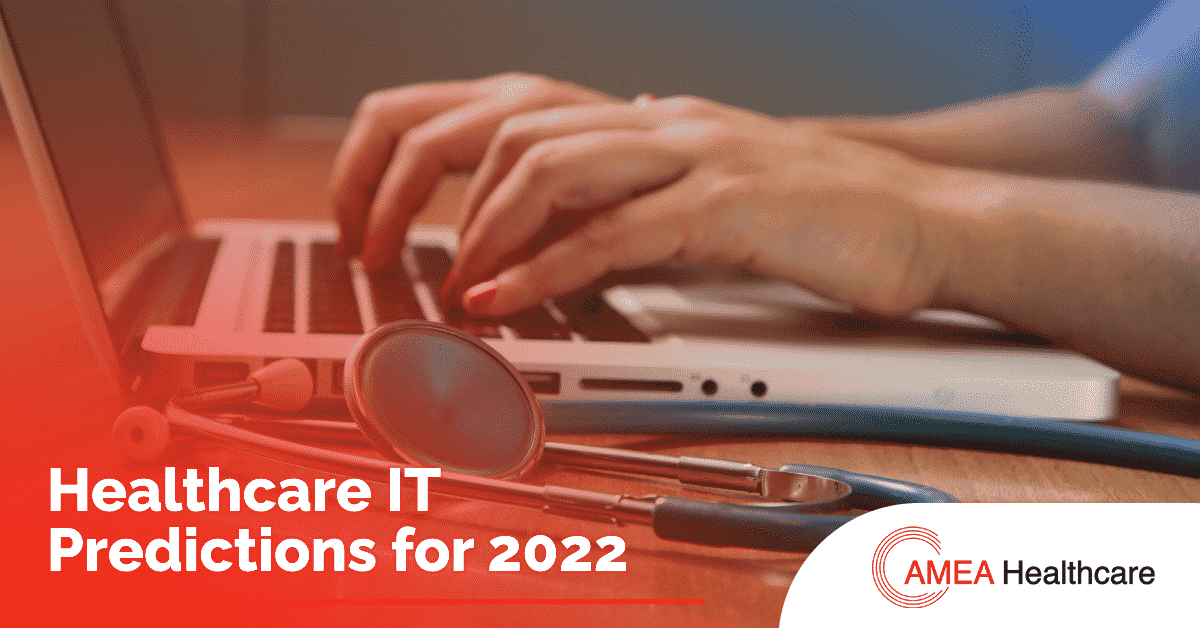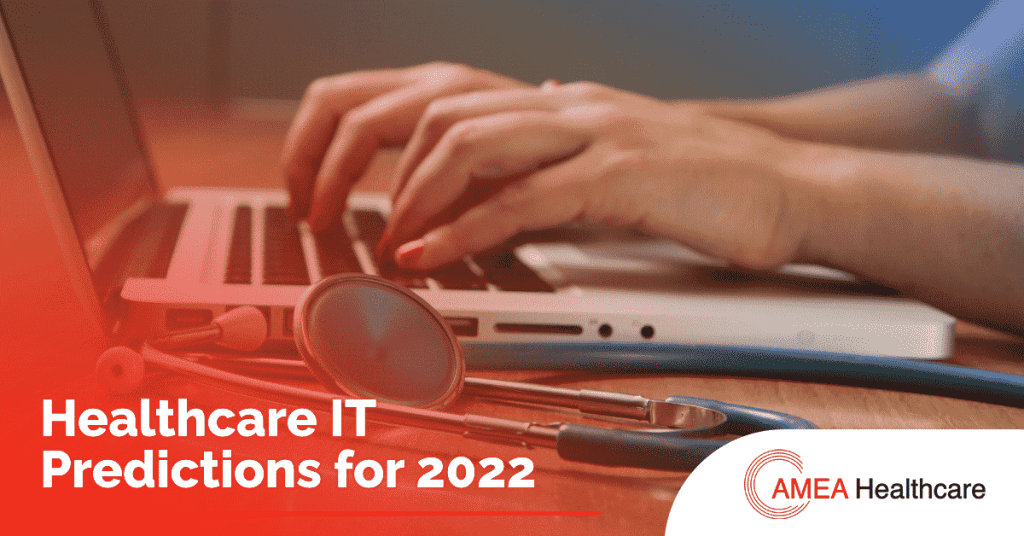
Telemedicine
In the first few months of the COVID-19 pandemic, the percentage of online healthcare consultations rose from 0.1% to 43.5%, with many facilities implementing their own remote care software. But even as the pandemic (hopefully) becomes more manageable, virtual care doesn’t appear to be going away any time soon. Tech companies are working on new generation gadgets that can provide the type of high-tech care you’d typically only see in hospitals – like wearable devices that measure heart rate, stress, and blood oxygen – so doctors can monitor their patients remotely. Experts also predict that virtual visits will expand to other areas of healthcare, like post-surgical care and mental health.
Virtual simulation
Virtual simulation (VR) uses software to immerse participants in a real-life environment. Users put on a head-mounted display (HMD) that creates a simulated world they can engage with. While VR healthcare education is still in its early stages, the technology may have been sped up by the pandemic. Some hospitals used VR to train doctors and nurses on COVID protocols. Since VR has already proven immensely useful for giving rookie healthcare workers real-life experience, the technology is expected to become more commonplace this year.
Personalized medicine
The era of “one-size-fits-all” healthcare is over. We now understand the importance of personalizing care according to each patient’s unique health profile. Technologies capitalizing on this finding include gene-specific drugs for treating illnesses like arthritis, Alzheimer’s, and cancer. These therapies are designed to target the unique genetic alterations driving disease – alterations that differ from person to person. Other exciting developments include personalized approaches to diabetes care, pain management, and even diet and exercise plans.
Do You Have Open Healthcare Positions?
AMEA Healthcare can help you fill vacant healthcare positions. Learn more today.

